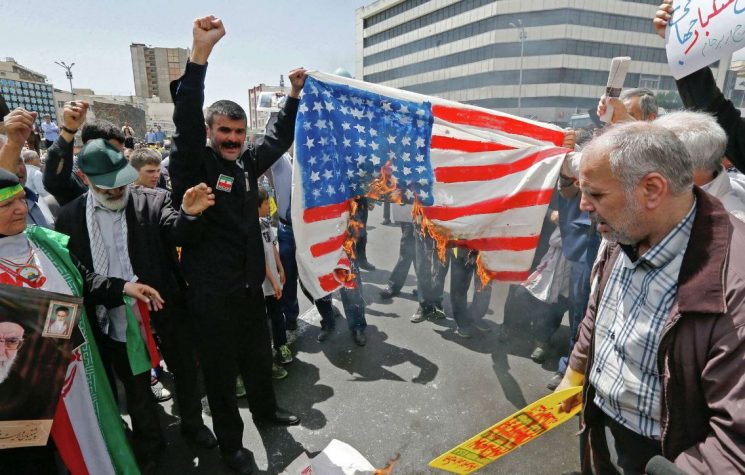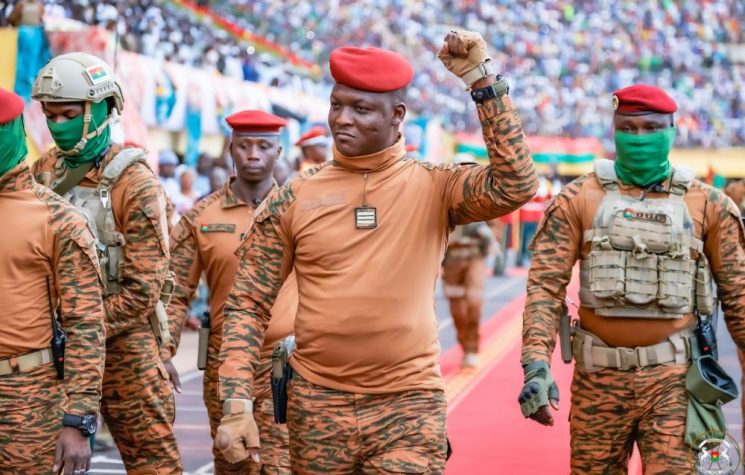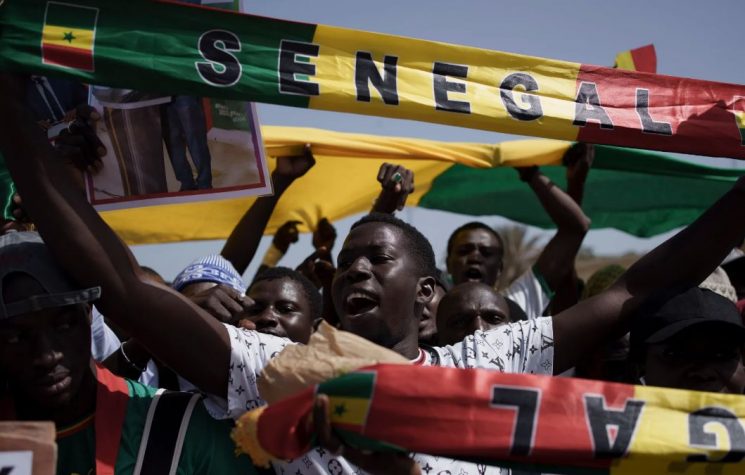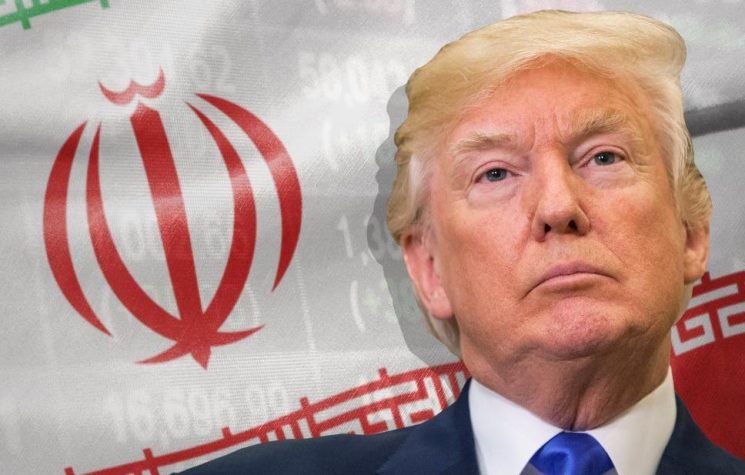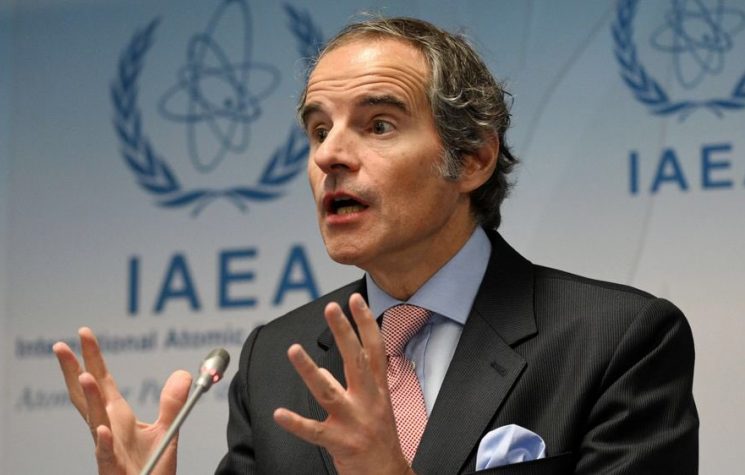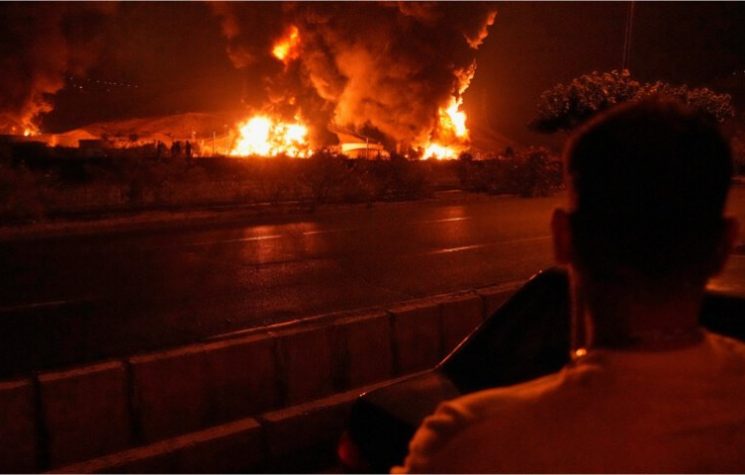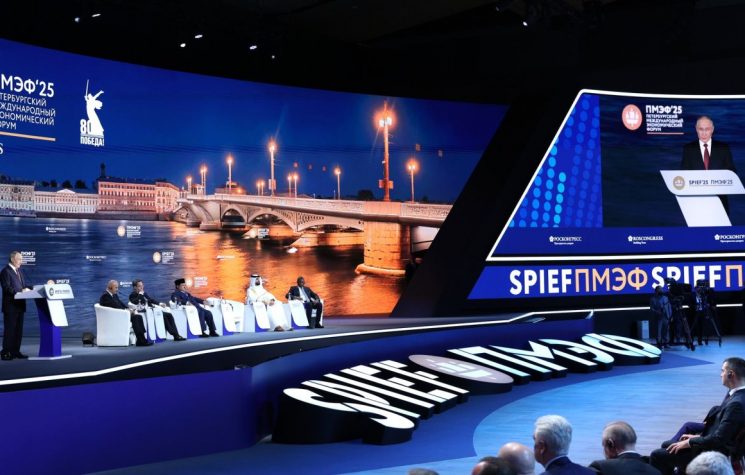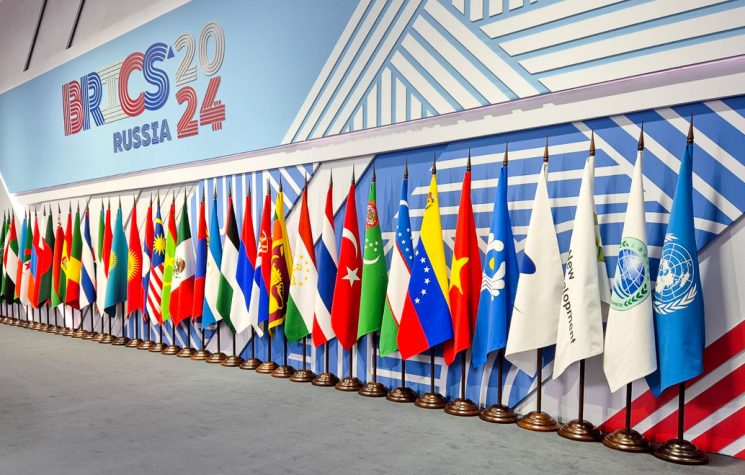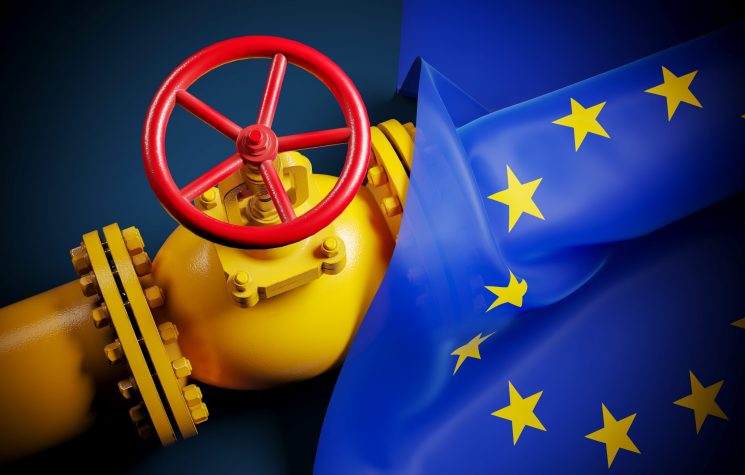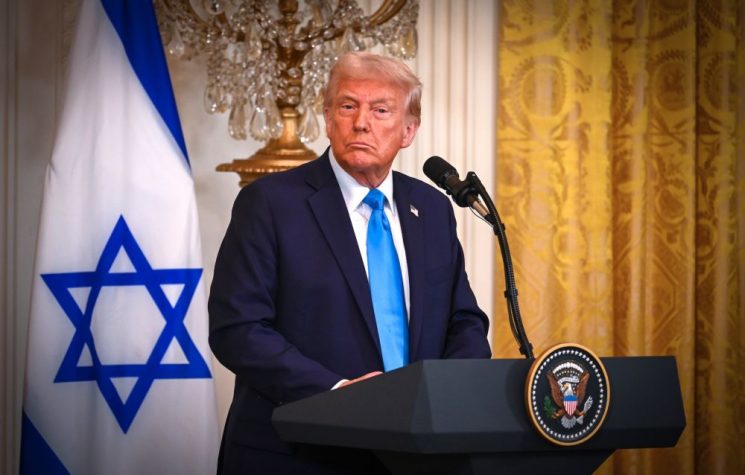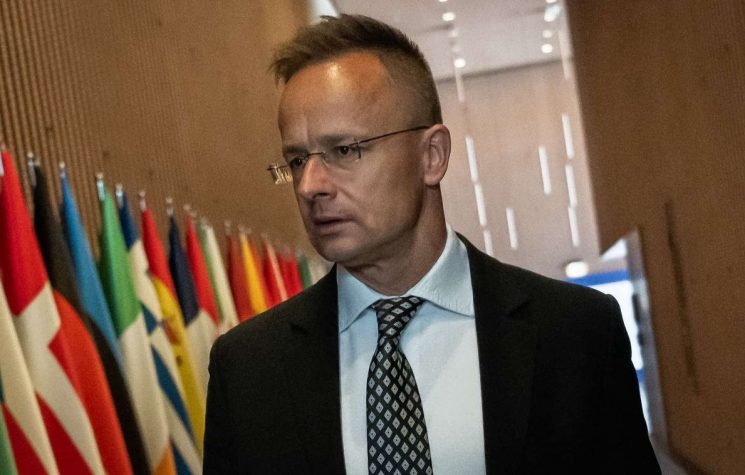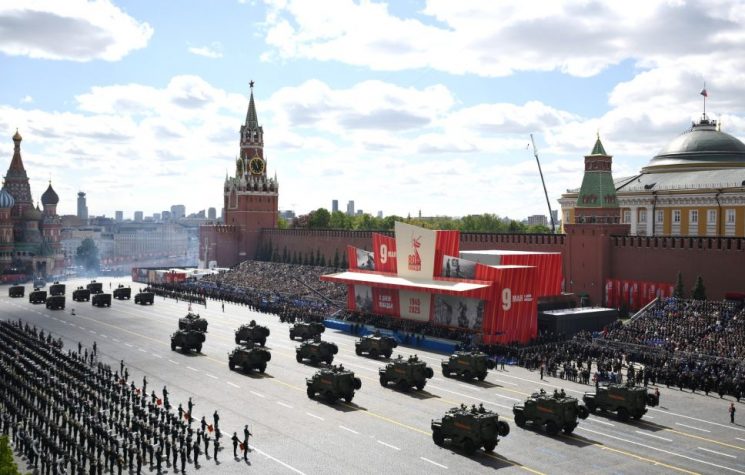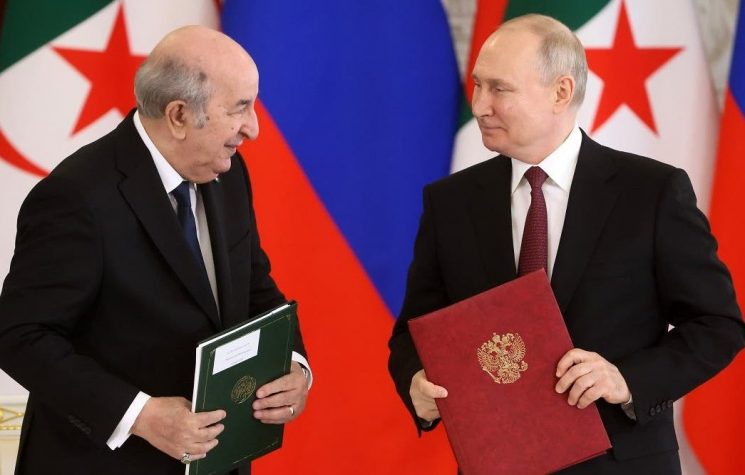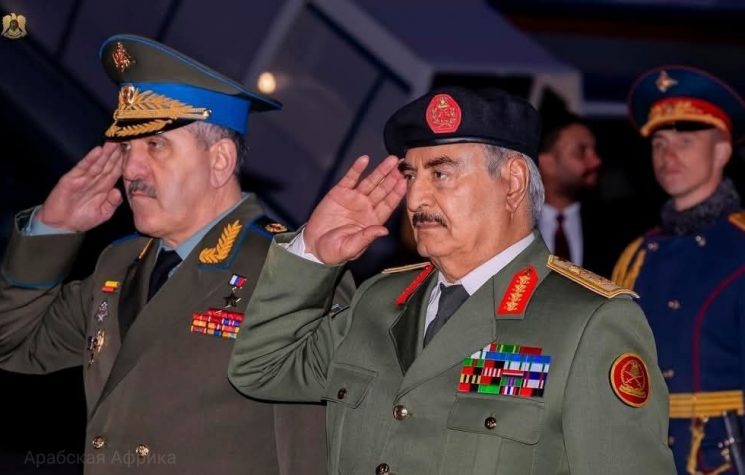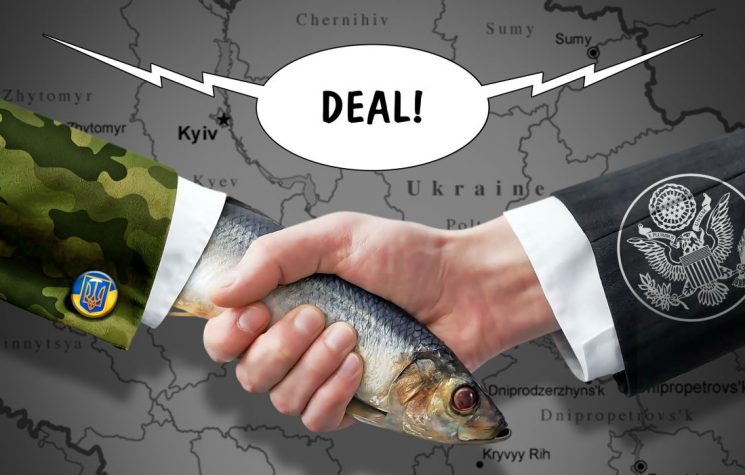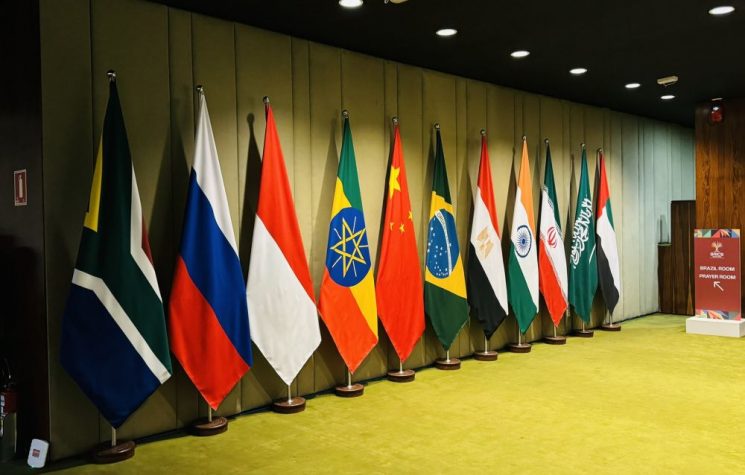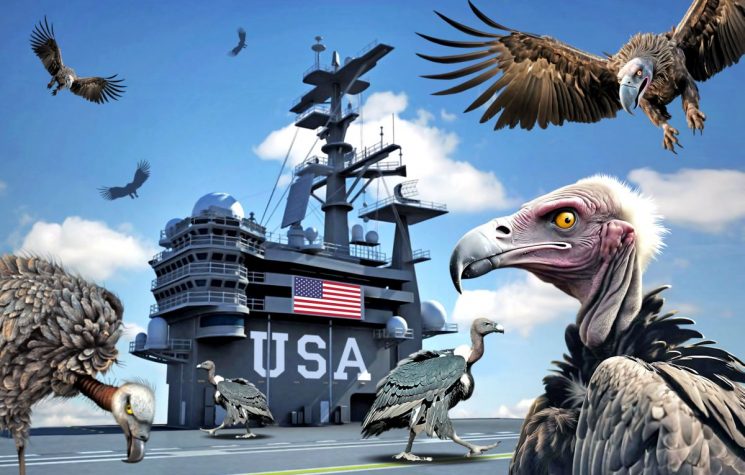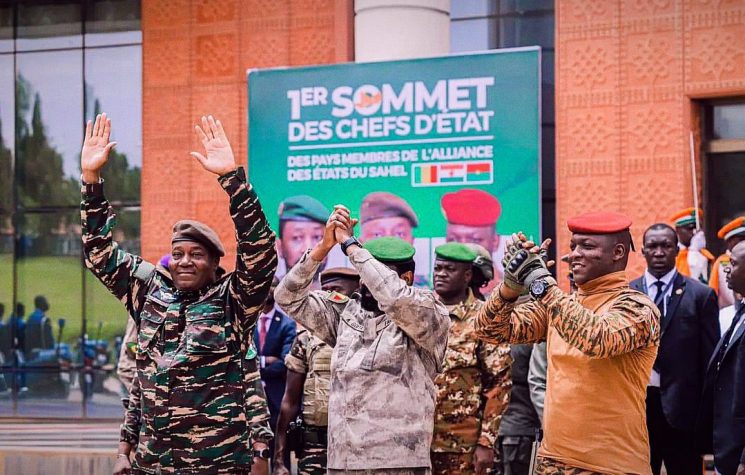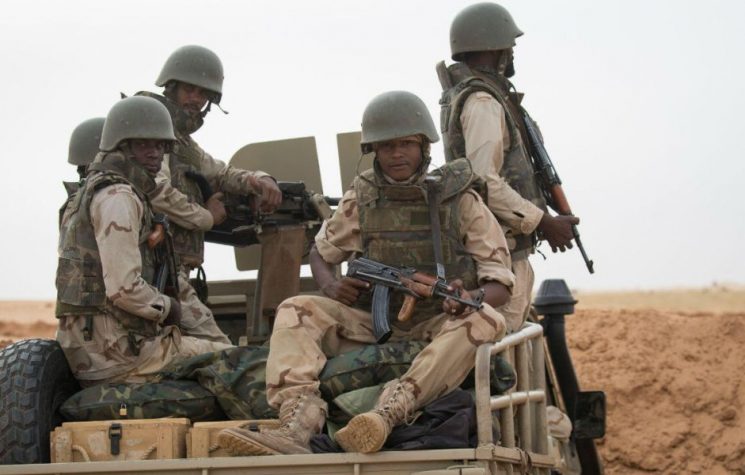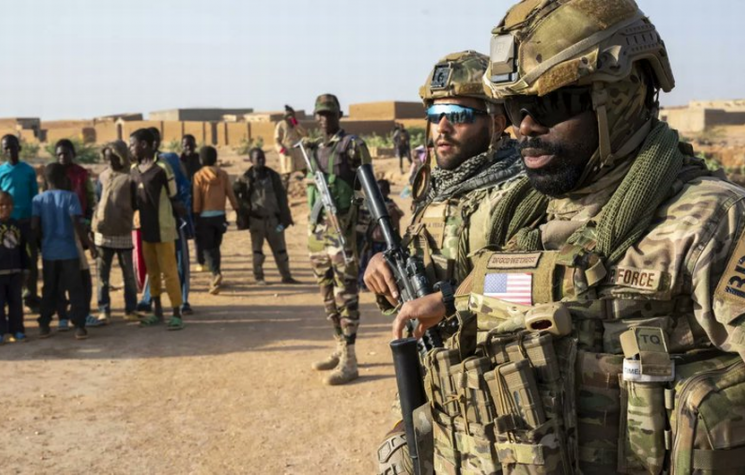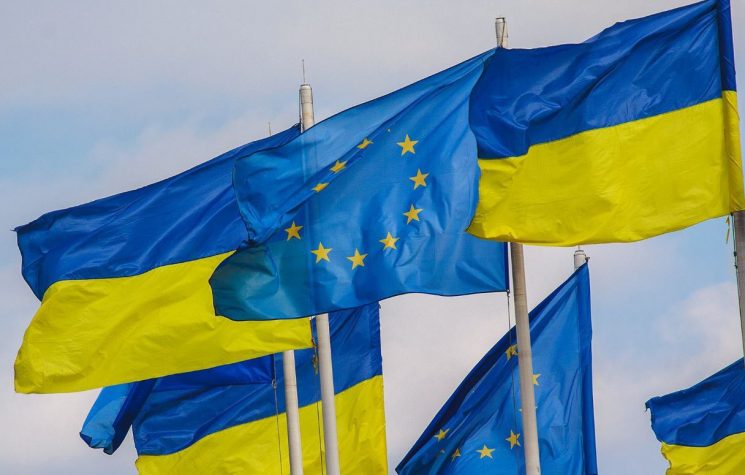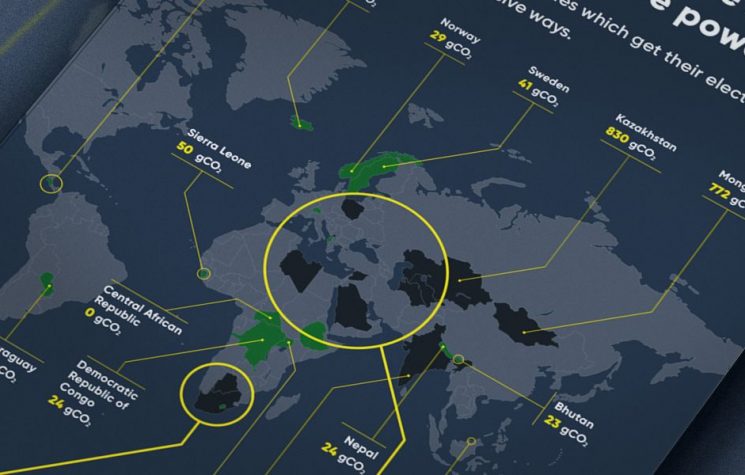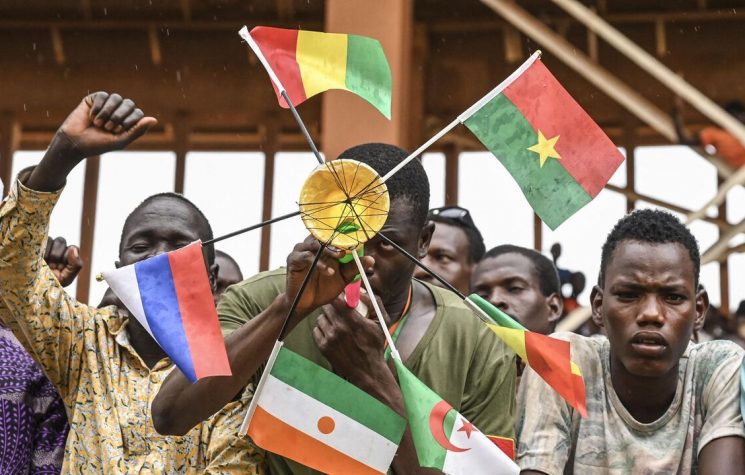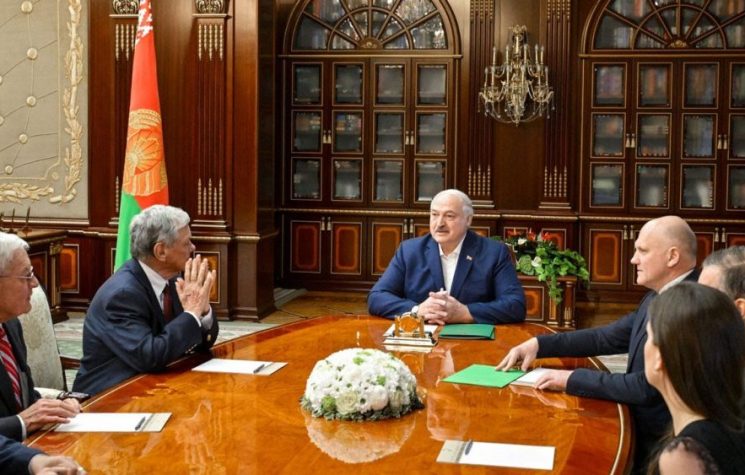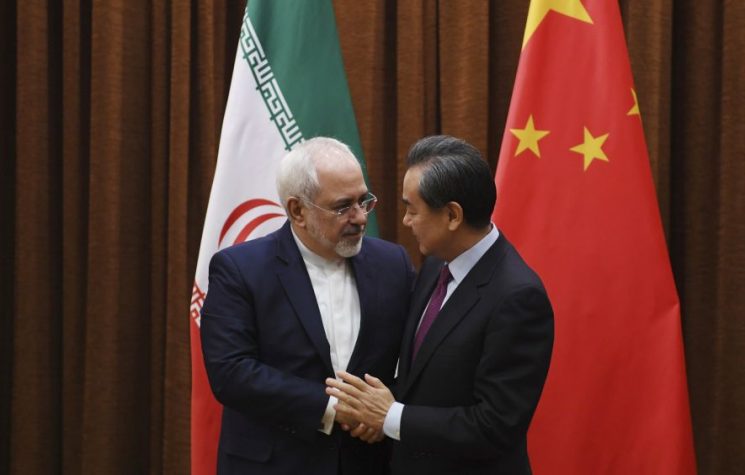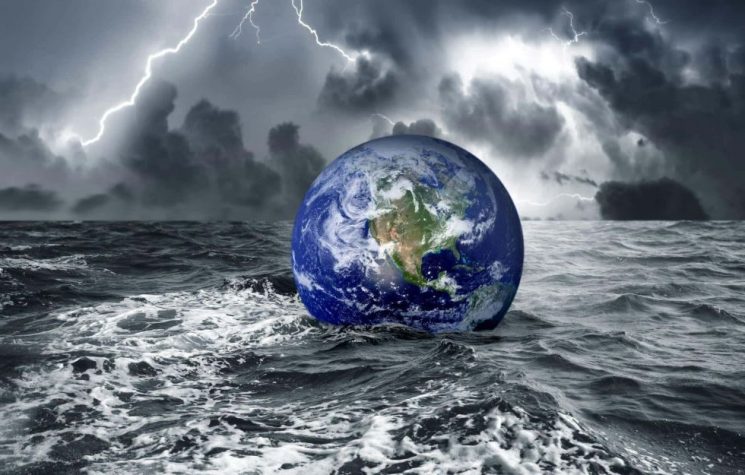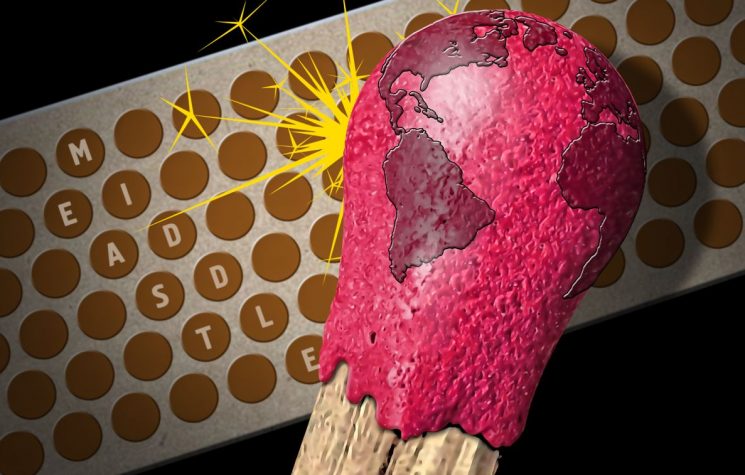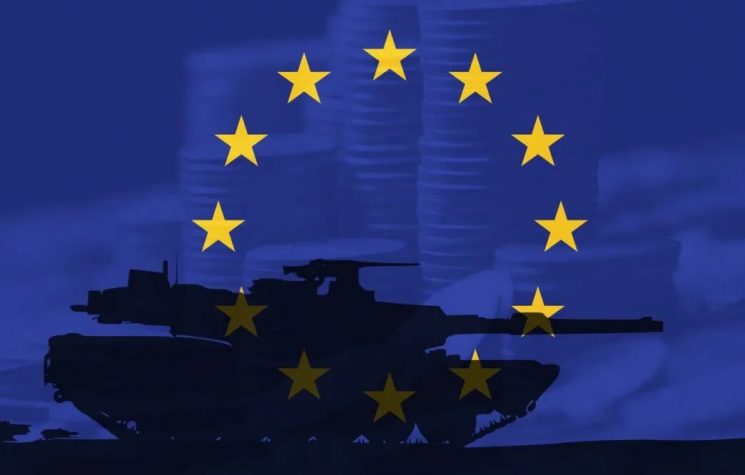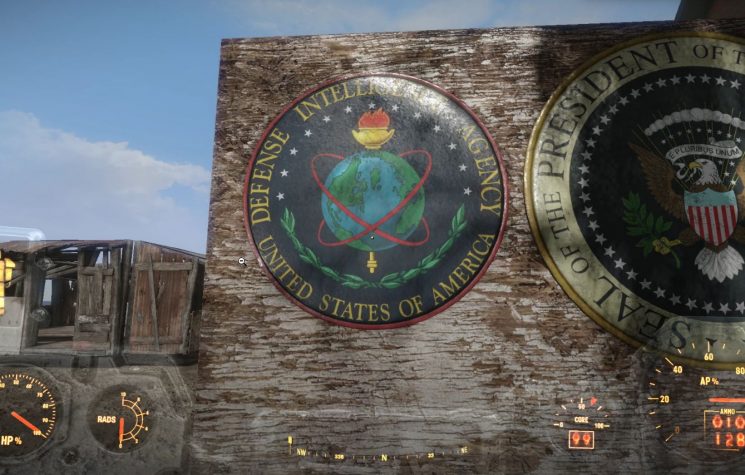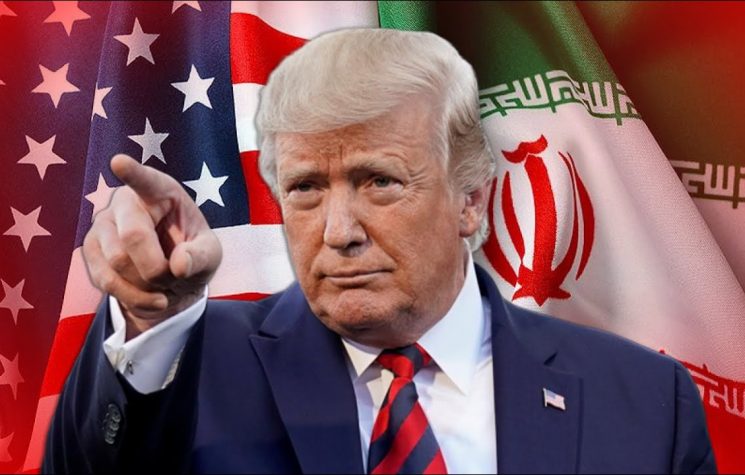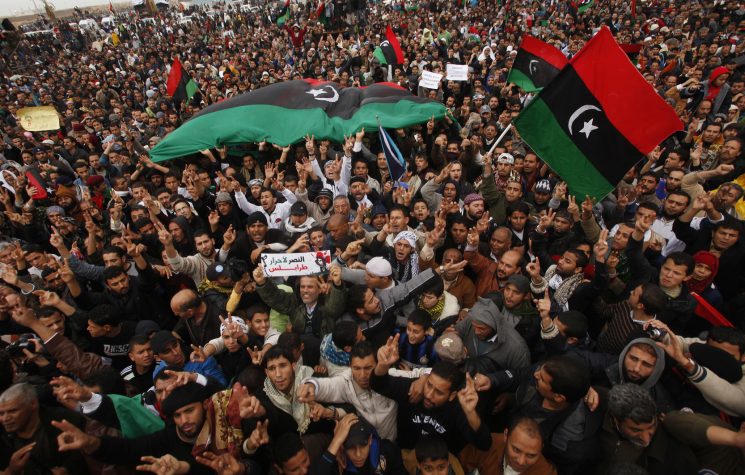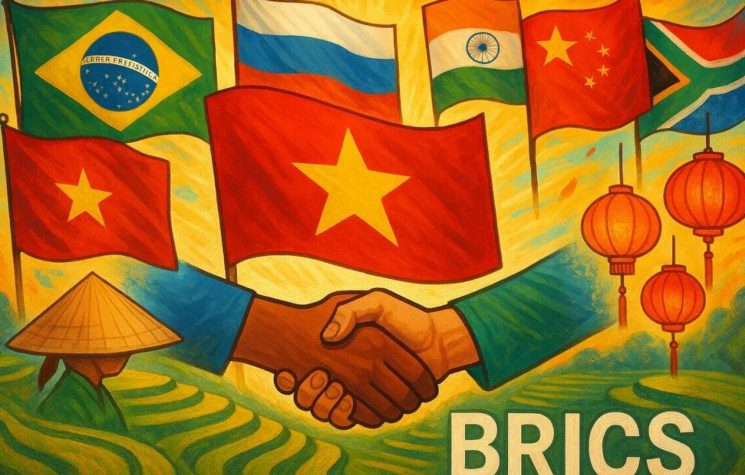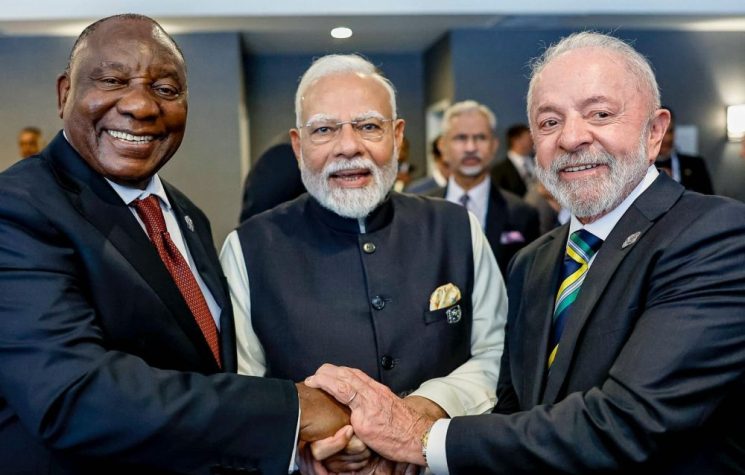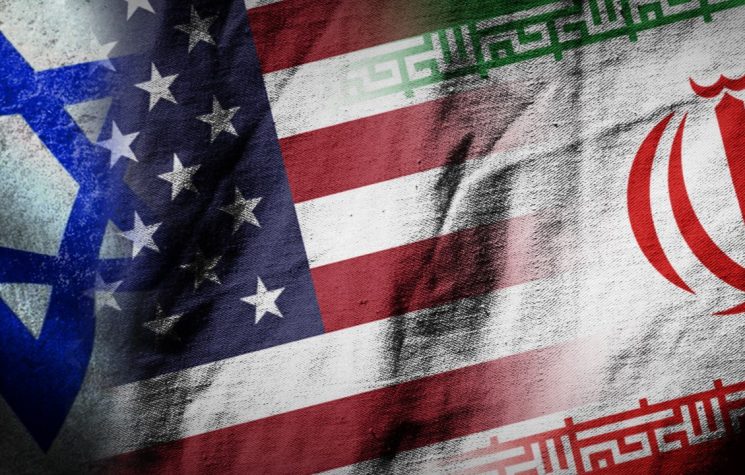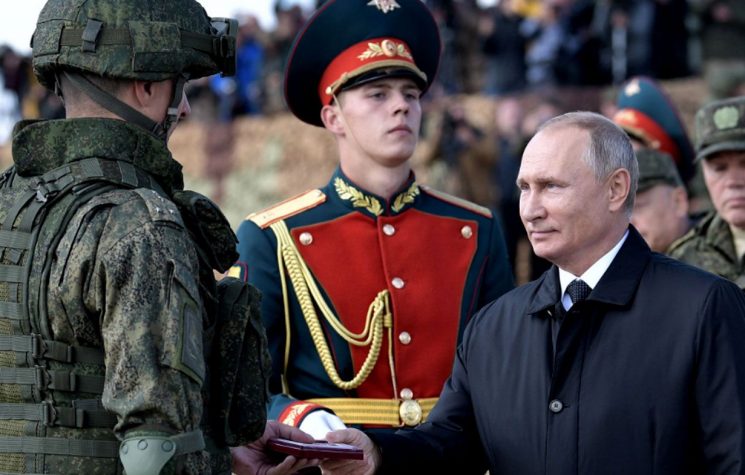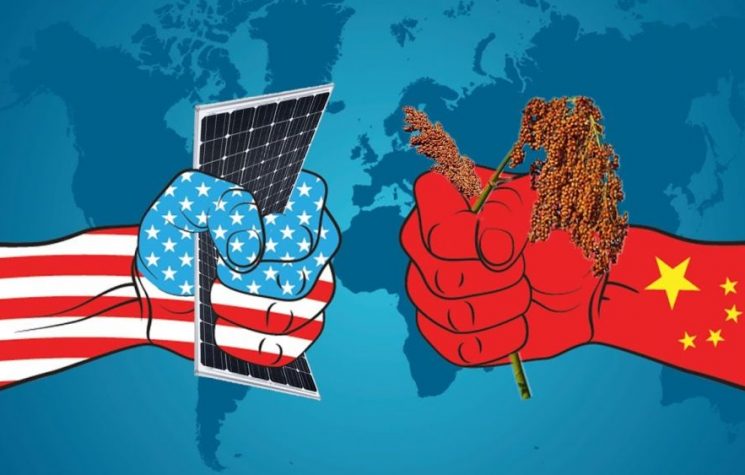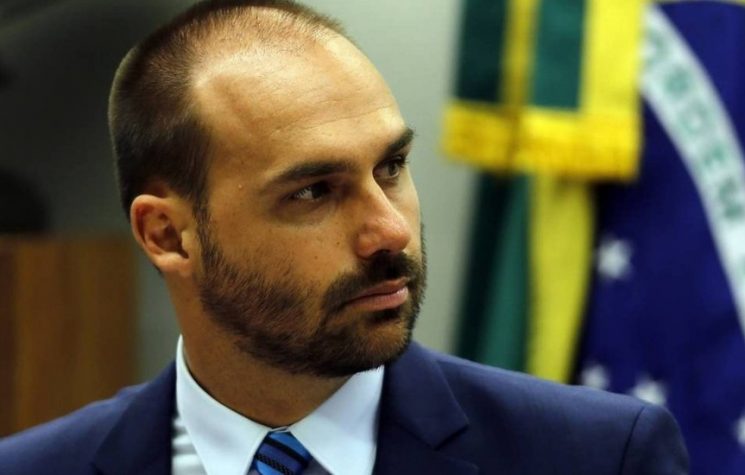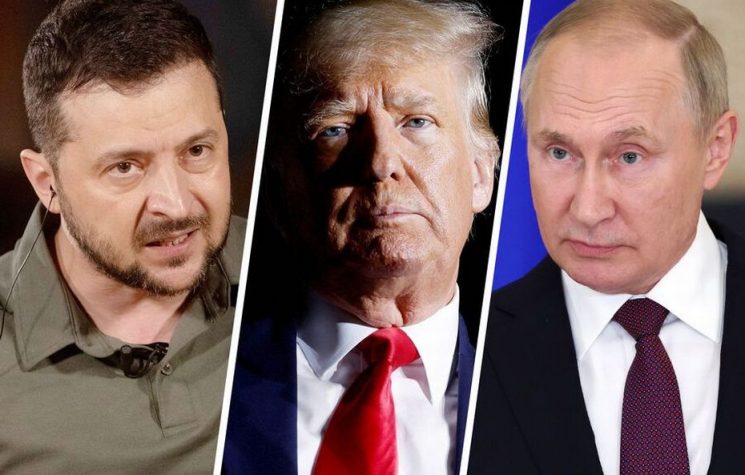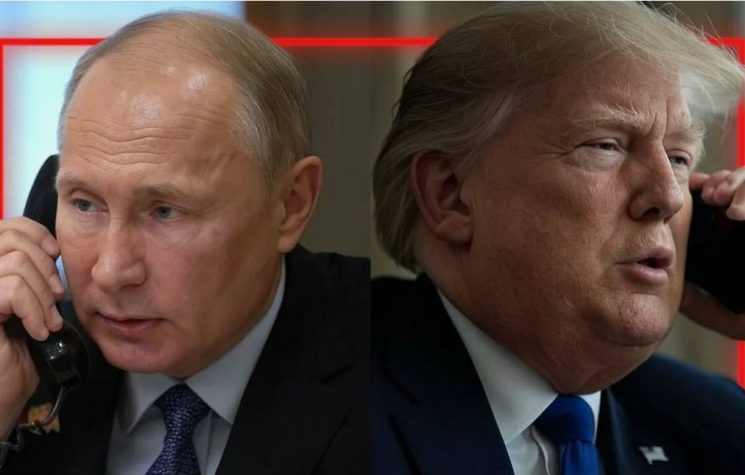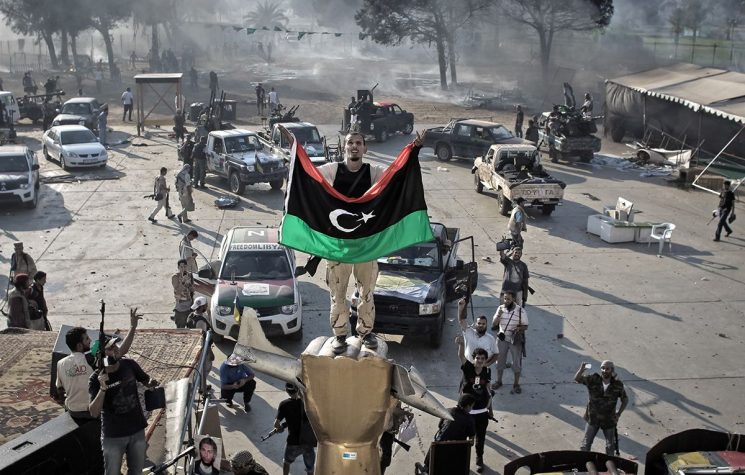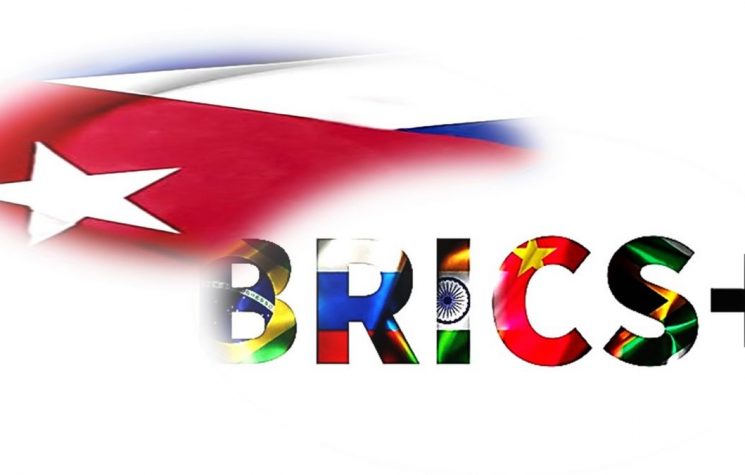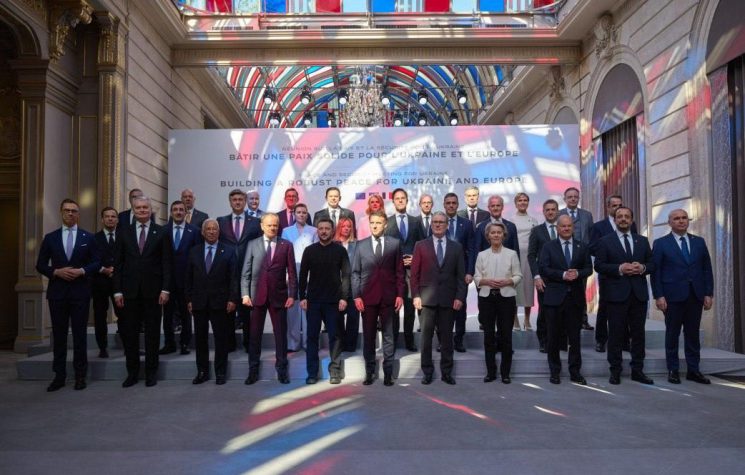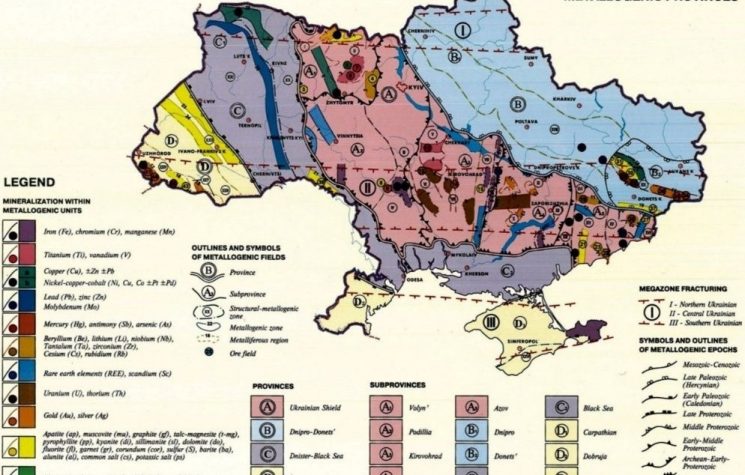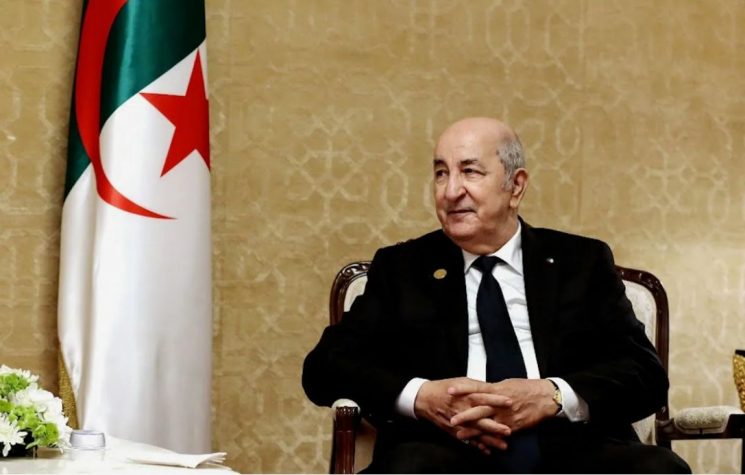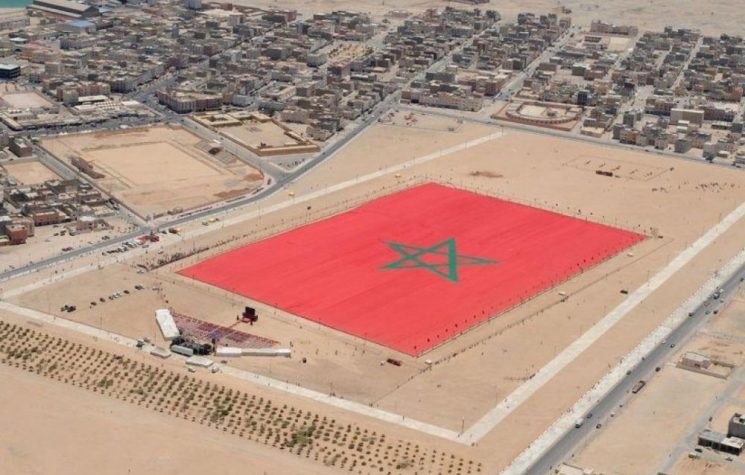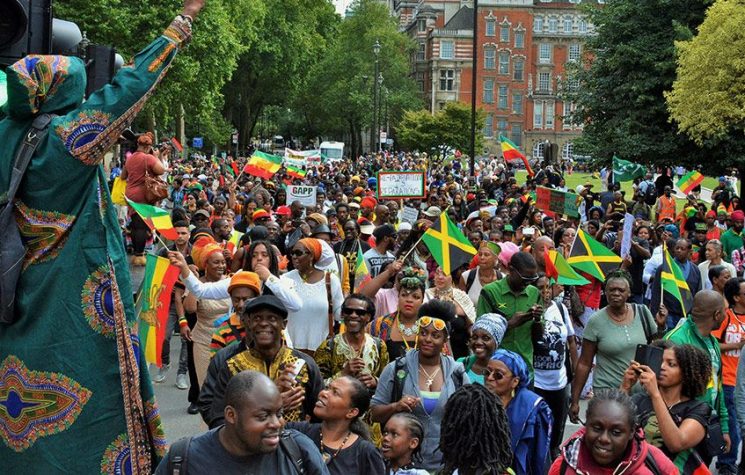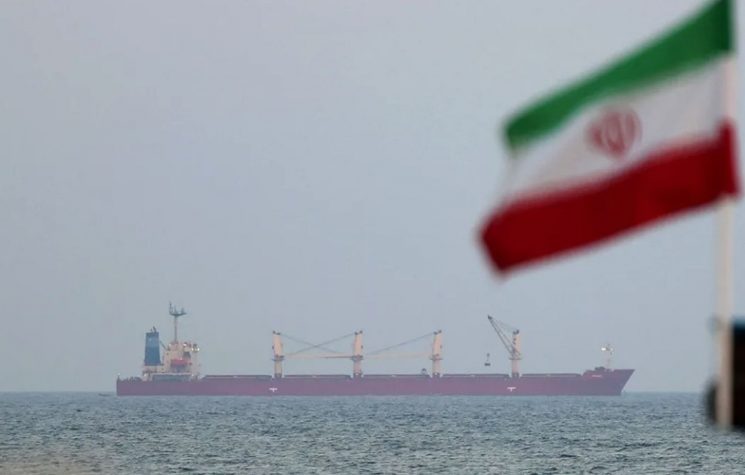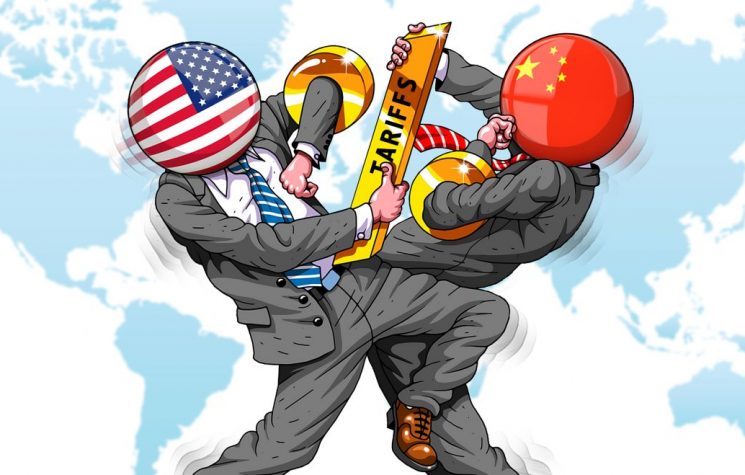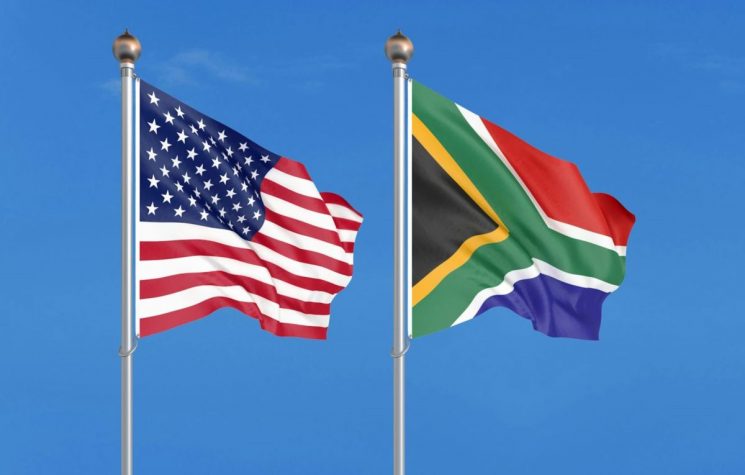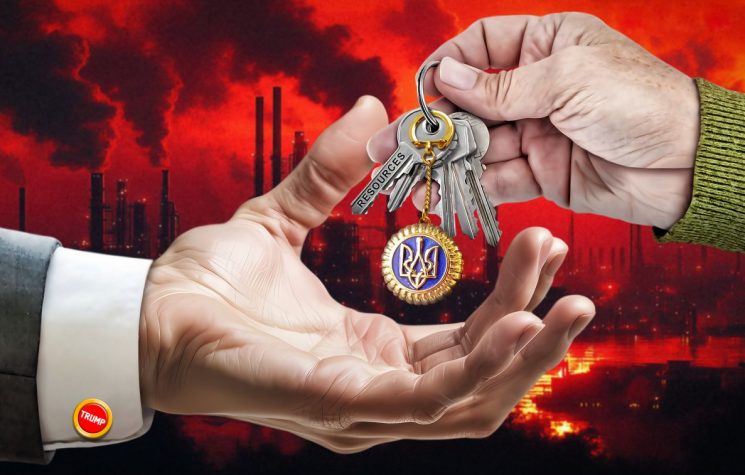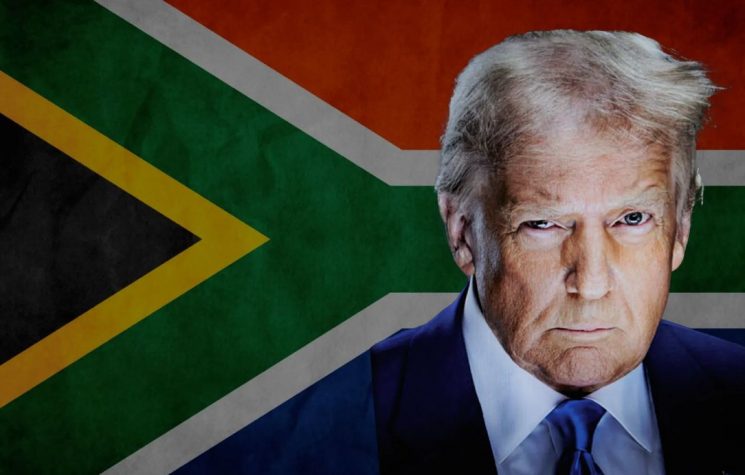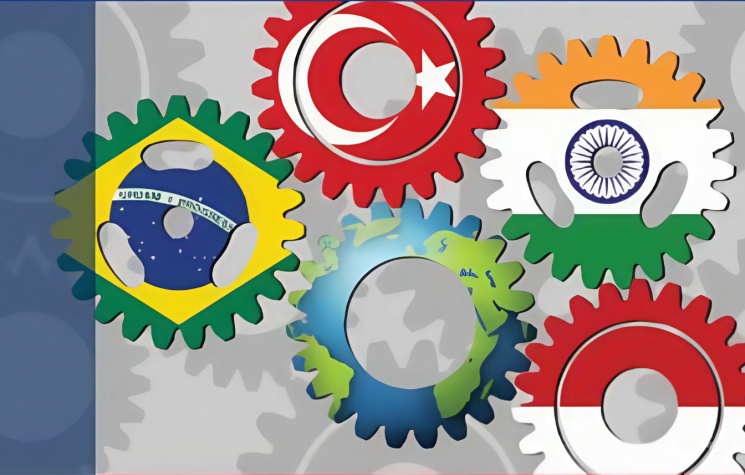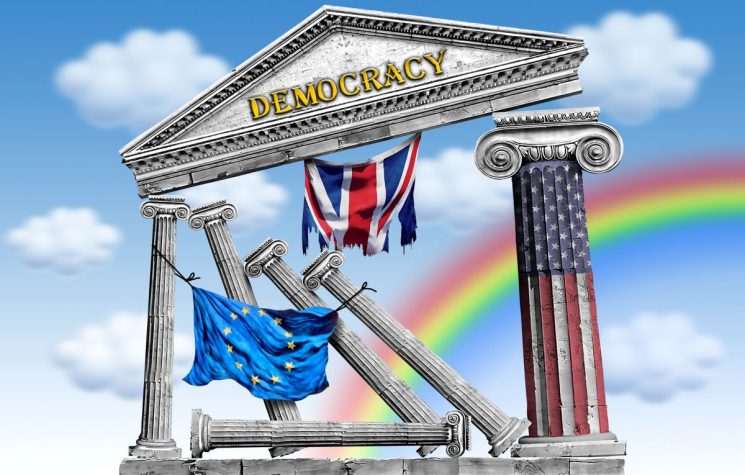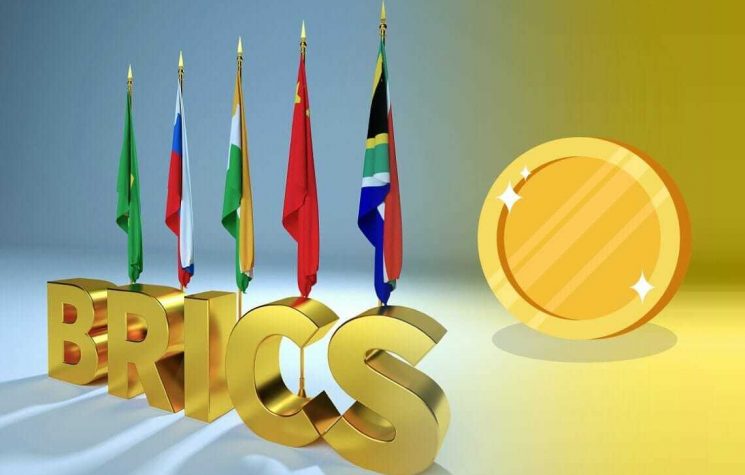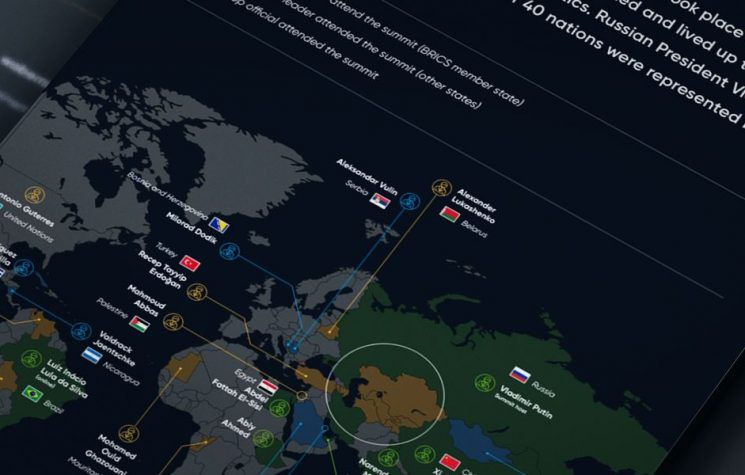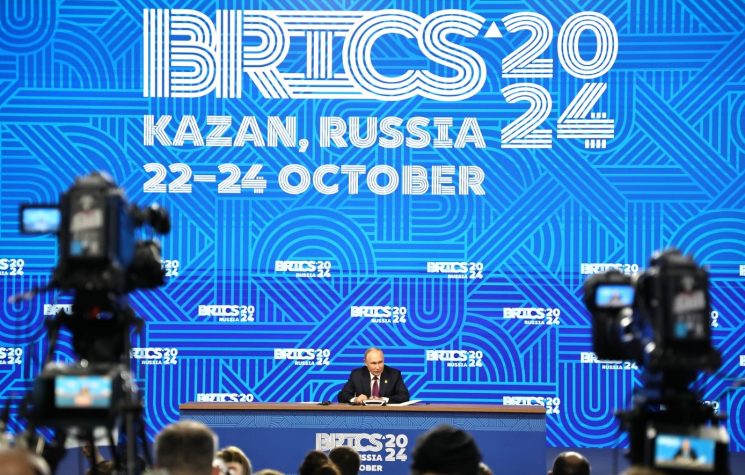Three interventions in St. Petersburg summarize the pan-African drive to finally get rid of exploitative neocolonialism.
❗️Join us on Telegram ![]() , Twitter
, Twitter ![]() , and VK
, and VK ![]() .
.
The Global Majority is free to choose two different paths to counteract the rabid, cognitive dissonant Straussian neocon psychos in charge of imperial foreign policy; to relentlessly ridicule them, or to work hard on the long and winding road leading to a new multipolar reality.
Reality struck deep at the Russia-Africa summit in St. Petersburg, with its astonishing breadth and scope, reflected in the official declaration and key facts such as Russia writing off no less than $23 billion in African debt, and President Putin calling for Africa to enter the G20 and the UNSC (“It’s time to correct this historical injustice.”)
Three interventions in St. Petersburg summarize the pan-African drive to finally get rid of exploitative neocolonialism.
President of Eritrea Isaias Afwerki: “They are printing money. They are not manufacturing anything at all, it’s printing money. This has been one of their weapons globally – the monetary system… sanctions here, sanctions there… We need a new financial architecture globally.”
President of Burkina Faso, Ibrahim Traoré, the face of a resurgent Global South and the world’s youngest leader: “A slave that does not rebel does not deserve pity. The African Union (AU) must stop condemning Africans who decide to fight against their own puppet regimes of the West.”
President of Uganda Yoweri Museveni: “One facet of neo-colonialism and colonialism was Africa being confined to producing only raw materials, crops, like coffee, and minerals (…) This issue is the biggest factor why the African economies are stunted; they do not grow, because all the value is taken by other people (…) So, what I want to propose to Russia and China is to discourage as a policy the importing of raw materials from Africa, to instead work with the Africans to add value at source.”
In a nutshell: pan-Africa should go all-out creating their own brands and value-added products, without waiting for “approval” from the West.
The South African drama
South Africa is an immensely complex case. Under extreme pressure from the usual suspects, Pretoria had already succumbed to the collective West hysteria related to Putin’s attendance of the upcoming BRICS summit, settling for the physical presence of Foreign Minister Lavrov and Putin via videoconference.
Then, during a personal meeting with Putin in St. Petersburg, President Cyril Ramaphosa decided to speak in the name of all African leaders, thanking Russia for the offer of free grain, but stressing they had not come to “receive gifts; Africa proposes the return of the grain deal.”
Translation: this is not about free grain offered for several African nations; this is about Pretoria wanting to cash in on the deal, which privileges globalist oligarchs and their Kiev vassal.
Now compare it with the Russian position. Putin once again made it very clear: fulfill our demands and we return to the grain deal. Meanwhile, Russia remains a leader in wheat production – as it was before; and while prices keep rising on global markets, Moscow will share the income with the poorest African nations.
Tensions inside BRICS, as illustrated in this case, are painfully real, and come from the weakest nodes. For all the devious rhetoric, the fact is India and Brazil prefer BRICS+ to proceed slowly, as sherpas confirm off the record.
Among the over 40 nations – and counting – which are dying to become part of the club, Indonesia and Saudi Arabia are very well positioned to be accepted in the first tier of BRICS+ members, unlike Argentina (which basically paid an IMF loan so it can continue to be paying IMF loans).
Reality is dictating the slow approach. Brasilia – under extreme pressure from the “Biden combo” – has a minimalistic margin of maneuver. And New Delhi is proposing first an “observer” status for prospective members, before full admission. Very much like in the Shanghai Cooperation Organization (SCO), whose recent summit was decided by New Delhi to be held online. For a very simple reason: India did not want to sit on the same table with China.
What’s worrying is that the practical, gargantuan work schedule for both BRICS and the SCO is being slowed down by a toxic mix of internal squabbles and foreign interference. Yet the Russia-China strategic partnership must have anticipated it – and there are contingencies in place.
Essentially, broader discussions are accelerated while minor partners get their act together (or not…) What’s clear is that, for instance, Indonesia, Iran and Saudi Arabia possibly being admitted to BRICS+ will immediately change the internal balance of power, and the weak links will necessarily have to catch up.
EAEU to the rescue
St. Petersburg also demonstrated something crucial in the evolving multilateral organization front: the renewed importance of the Eurasia Economic Union (EAEU). The EAEU is fast expanding beyond Central Asia towards Southeast Asia (a free trade agreement with Indonesia is imminent), Africa and crucially, the DPRK: that was discussed in detail during Defense Minister Shoigu’s rock star welcome in Pyongyang.
All that spells out a road map like this: the EAEU in the vanguard, in parallel to China’s BRI (crucial forum coming up in Beijing in October) until BRICS+ and SCO gridlock is solved.
Only one BRICS member without which is impossible to build Eurasia integration has serious problems with China: India (and that includes rivalry for influence in Africa, West Asia and Central Asia).
Simultaneously, there’s only one BRICS member capable of influencing India: Russia.
Now that’s a challenge for the ages. Yet Moscow does have the potential – and the competence – for regulating the whole new, emerging system of international relations. The timing for implementing what will be in fact a new world system is now, and immediately ahead: from 2025 to 2030.
So Russia-India relations will arguably become the key to fully unlock BRICS+. Issues will include an iron-clad Russian oil road to India via Rosneft; solving the Afghanistan riddle (with Moscow keeping Beijing and New Delhi in sync); a more muscular presence within the SCO; closer security deliberations among the three Ministries of Defense; including Chinese and Indian observers in the Russia-Africa process; and all of the above micro-managed by Putin himself.
If China-India competition is already a big deal, we should expect it to become even more complex after 2030. So here’s Russia facing yet another primordial historical/cultural mission. This goes way beyond the Himalayas. It spans the full arc of China-India competition.
And don’t forget to call the Steel Kitten
It’s always immensely enlightening to follow BRICS-related analyses by Sergey Glazyev, the Minister of Integration and Macroeconomics at the EAEU’s Economic Commission.
Glazyev, in two major interviews, has confirmed that a “sanction-proof” BRICS digital unit of account is under discussion, based not only on BRICS national currencies but also a basket of commodities.
He also confirmed that “we” are working to establish an internal BRICS group to design and establish the new system (by the way, these discussions within the EAEU are way more advanced).
According to Glazyev, a payments system outside of SWIFT can be set up through a network of state-run digital currencies – not to be confused with cryptocurrencies backed only by private speculators.
Glazyev also forcefully defends the adoption of the digital ruble. He argues that’s the way to track blockchain transactions and prevent non-intended use of funds – as in diversion into speculative markets.
Apart from all the huge challenges, the optimal path ahead spells out EAEU and BRICS+ observing international law and slowly but surely building the payments system capable of circumventing massive imperial choke points. A new BRICS currency can wait. What matters is the evolution of so many interconnections as the new system’s infrastructure is being built.
And that brings us once again to North Korea.
The Shoigu visit de facto cleared the path for the DPRK to totally align with the Russia-China strategic partnership in the massive Eurasian integration/development/mutual security process.
Oh, the ironies of “post-everything” History. The Hegemon may have actually been trapped into destroying NATO as a credible military force just as Russia-China reinvigorated a major ally in Northeast Asia and the Far East – complete with nuclear power, ballistic missiles, and a hyper-productive industrial military complex.
So the Straussian neocon psychos want to expand their unwinnable Forever War to rabid hyena Poland and the Baltic chihuahuas? As in first we go to Moscow, then we take Beijing? Be our guest. But first be sure to place a call to Global South powerhouse DPRK. Steel Kitten Kim Yo-jong, Kim Jong Un’s younger sister, will be delighted.










